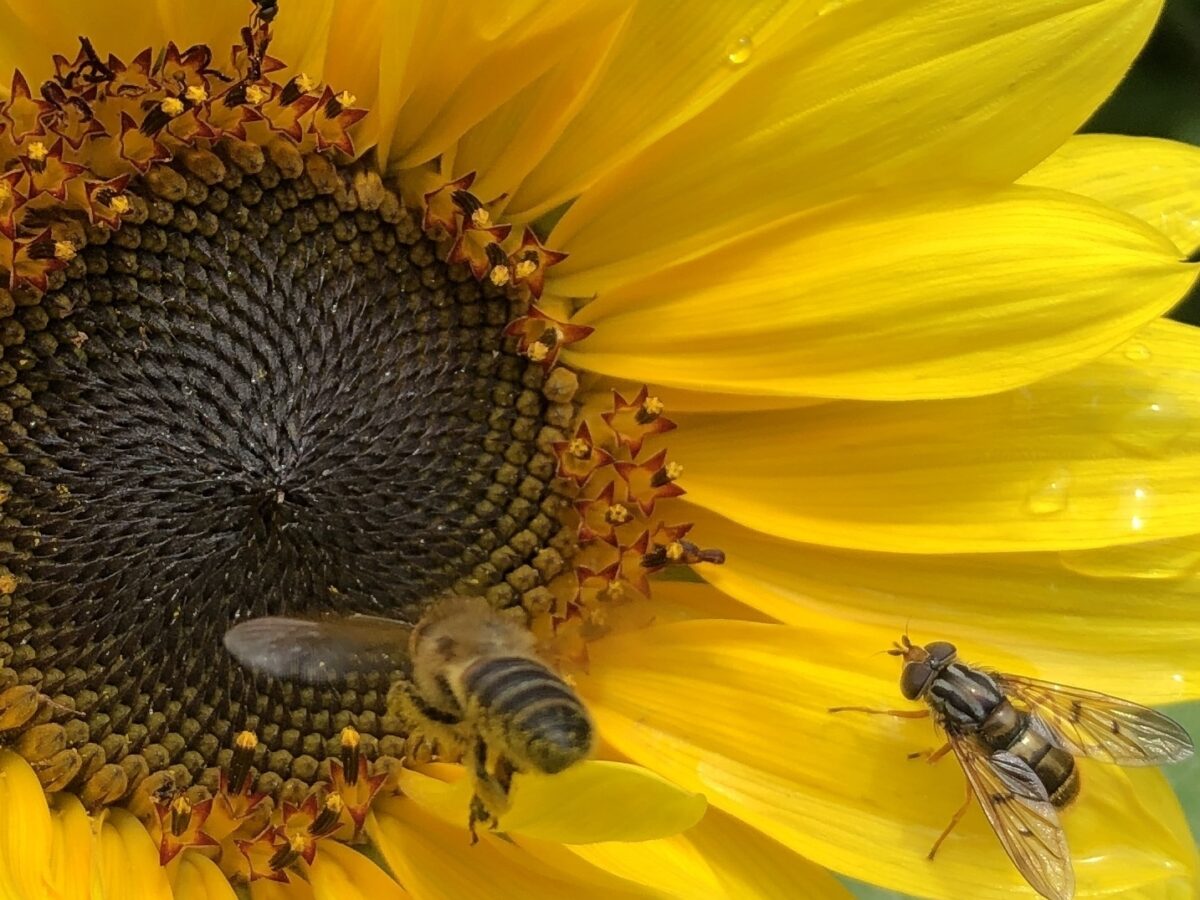Terrifying loss of insects worldwide
The number of insects is falling at such a perilous rate that if nothing is done to halt the decline, our own future could be at risk. This is the conclusion published in a new paper in the journal Biological Conservation. The review looked at 75 different studies covering a range of insect groups from around the globe, and the results are startling.
It has revealed that worldwide, over 40% of all insects are declining, and a third are endangered. The data suggests that the rate of decline is at least 2.5% per year. According to the researchers' analysis, a quarter of insects could be wiped out within just a decade. This will have a massive effect on other species - birds, fish, reptiles and mammals - but also our crops and plants which rely on insects for pollination. In truth, without insects, the environment would simply fall apart
What has caused this disastrous loss? There are three main causes: habitat loss - caused by landgrabbing for intensive agriculture; insecticides used on a large scale by farmers - such as neonics; and climate change - causing weather chaos which can affect particular species and habitat.
Dr Gavin Broad, Principal Curator of Insects at the Natural History Museum, says, 'In a way it is logically inevitable that we are seeing these declines, as the habitats now remaining are so small and so fragmented compared to a century ago. There is just not the space for insects to live anymore.'
The UK has suffered the biggest recorded insect falls overall, though that is probably a result of being more intensely studied than most places. Butterflies and moths are among the worst hit. For example, the number of widespread butterfly species fell by 58% on farmed land in England between 2000 and 2009. “The evidence all points in the same direction,” said Prof Dave Goulson, University of Sussex. “It should be of huge concern to all of us, for insects are at the heart of every food web, they pollinate the large majority of plant species, keep the soil healthy, recycle nutrients, control pests, and much more. Love them or loathe them, we humans cannot survive without insects.”
HOW CAN WE HELP?
Organic gardeners are uniquely placed to help insects thrive. Diverse planting, healthy soil, natural habitats are all part of organic growing, and support wildlife such as insects. And of course no toxic chemicals.
See here for how to encourage beneficial insects into your garden, from bees, to butterflies, ladybirds and hoverflies, to name but a few... and here for interesting facts on our favourite insects.
And you can help with further insect research. Scientists at CEH (Centre for Ecology and Hydrology) are asking gardeners to take part in an insect watch. Visit https://www.ceh.ac.uk/our-science/projects/pollinator-monitoring for more information on how to add to their existing data. It requires no more than sitting in your garden for 10 minutes, recording insect life around you.
